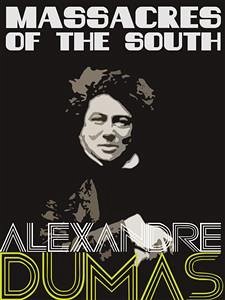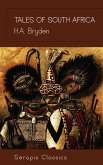It is possible that our reader, whose recollections may perhaps go back as far as the Restoration, will be surprised at the size of the frame required for the picture we are about to bring before him, embracing as it does two centuries and a half; but as everything, has its precedent, every river its source, every volcano its central fire, so it is that the spot of earth on which we are going to fix our eyes has been the scene of action and reaction, revenge and retaliation, till the religious annals of the South resemble an account-book kept by double entry, in which fanaticism enters the profits of death, one side being written with the blood of Catholics, the other with that of Protestants. In the great political and religious convulsions of the South, the earthquake-like throes of which were felt even in the capital, Nimes has always taken the central place; Nimes will therefore be the pivot round which our story will revolve, and though we may sometimes leave it for a moment, we shall always return thither without fail.
Bitte wählen Sie Ihr Anliegen aus.
Rechnungen
Retourenschein anfordern
Bestellstatus
Storno









